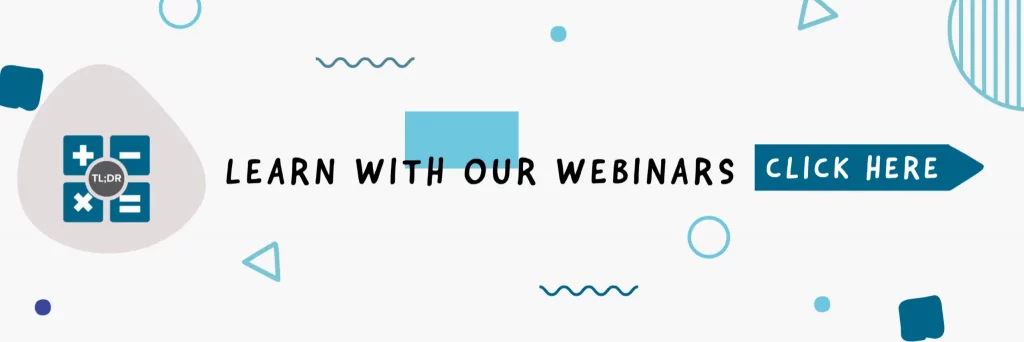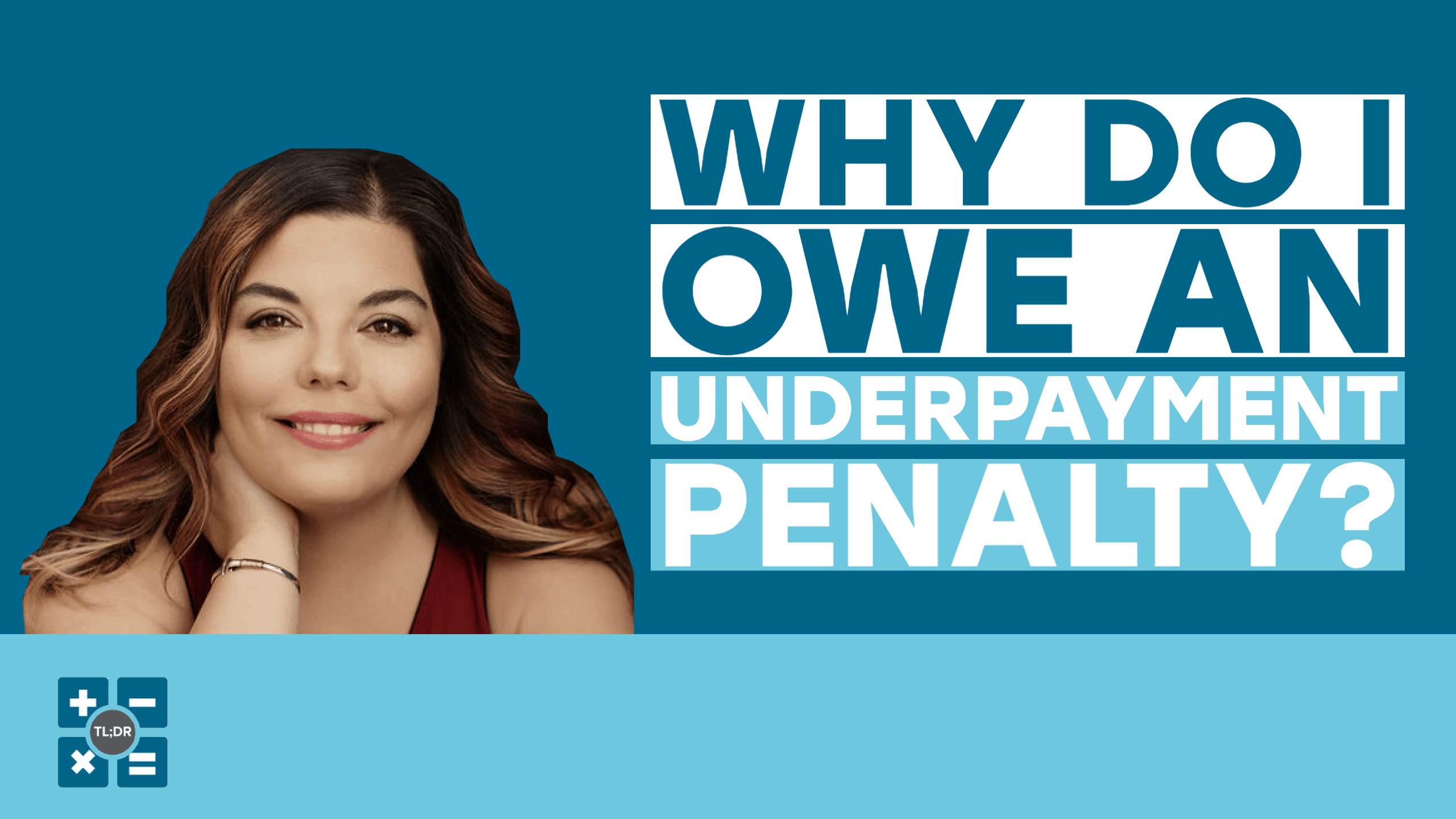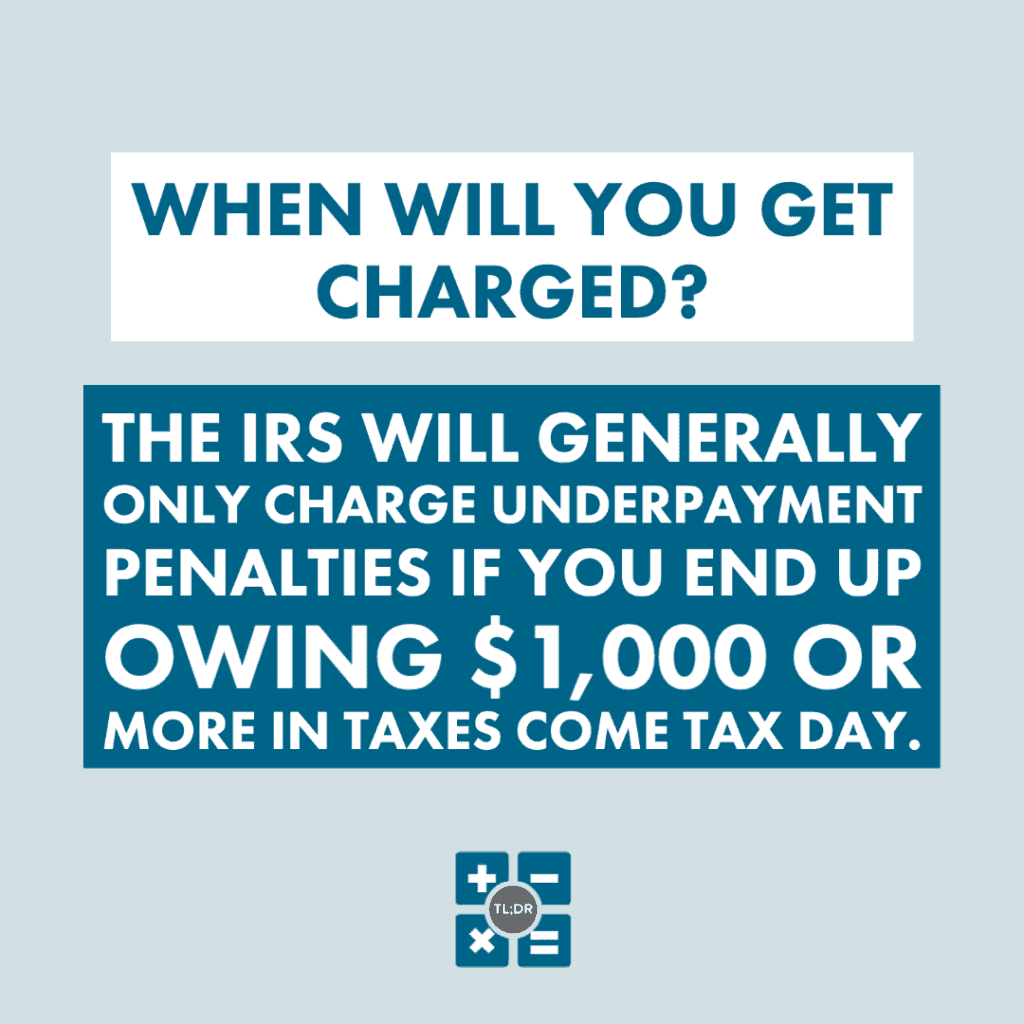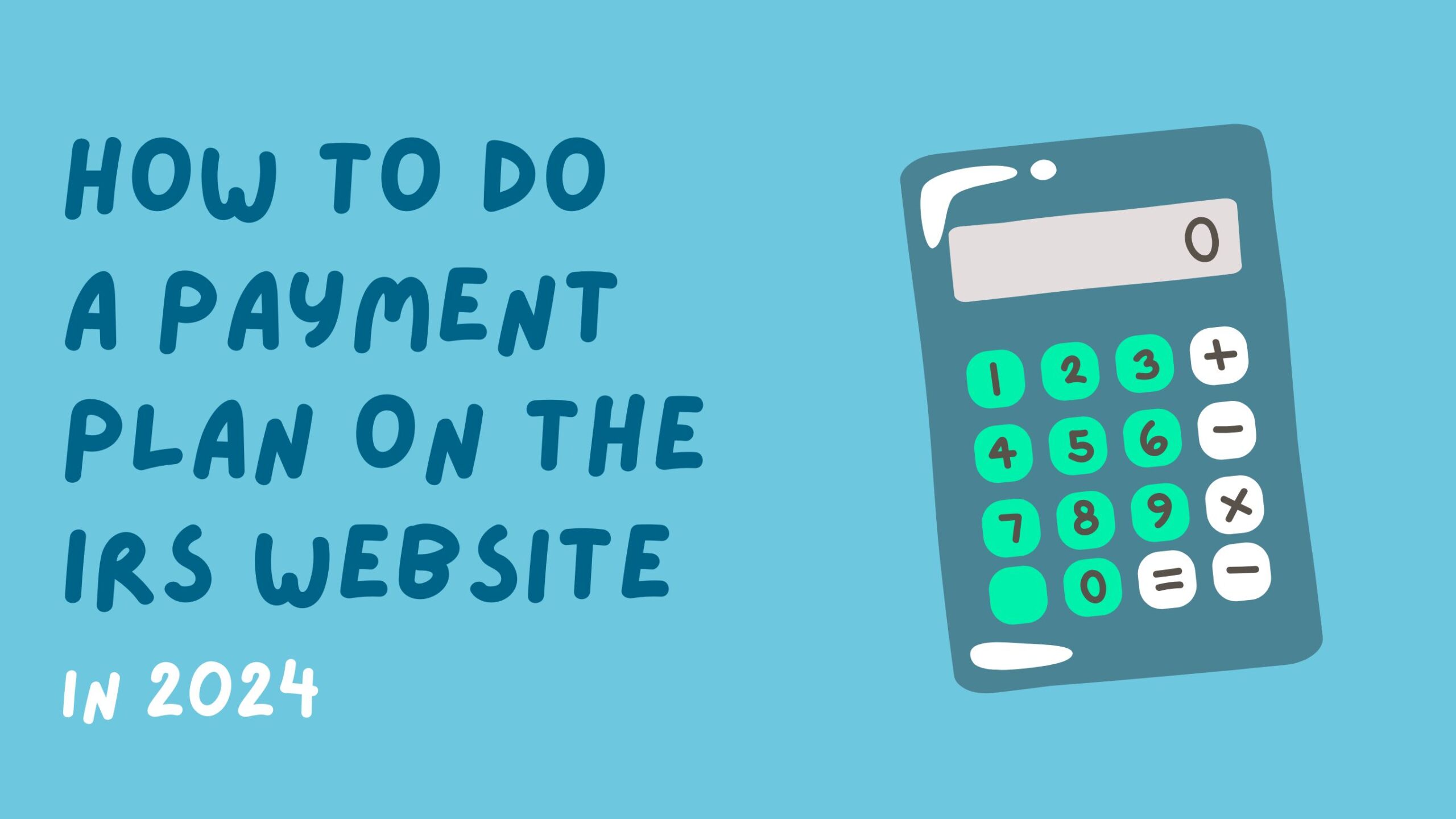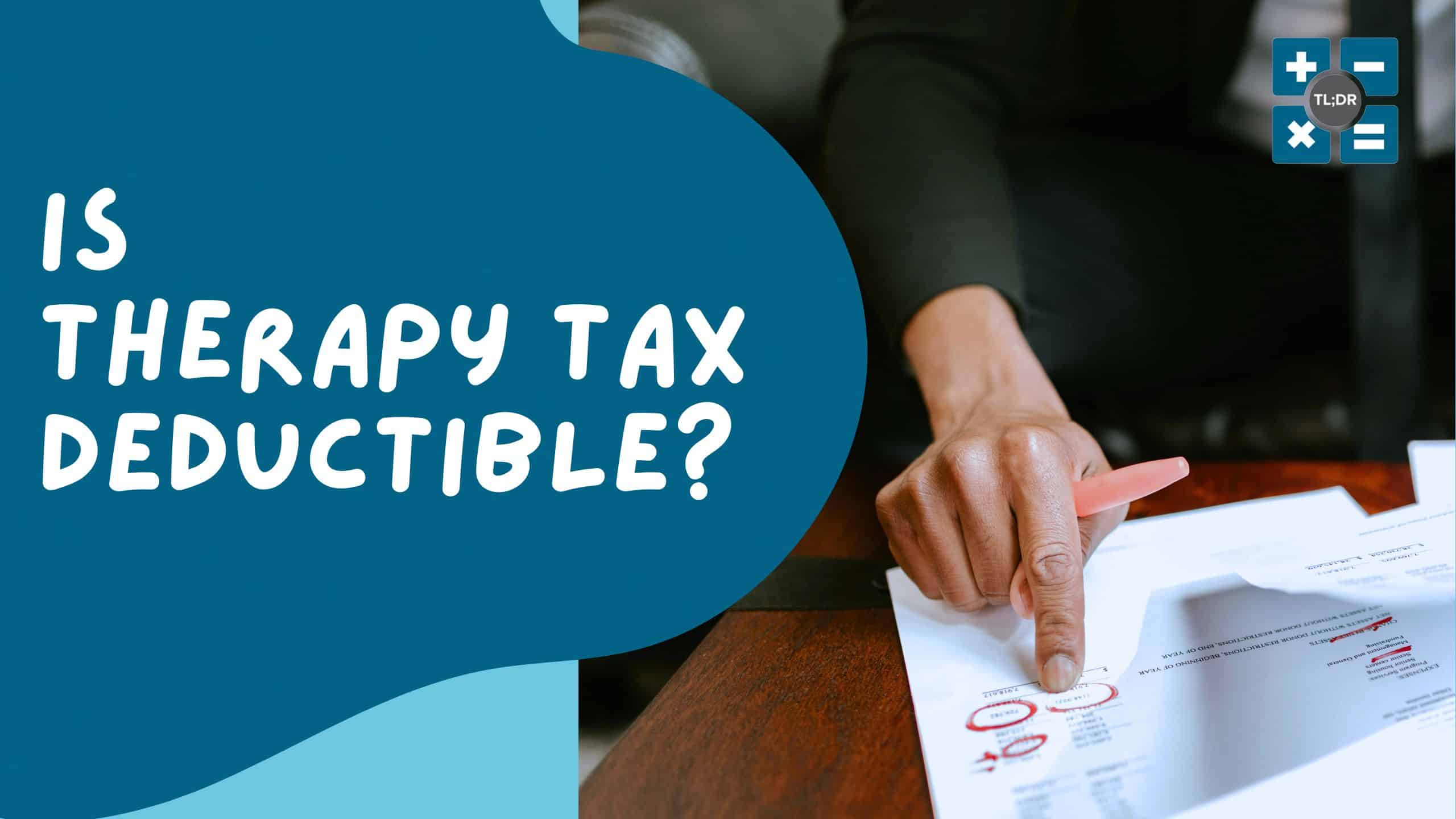We’ve all been around long enough to understand one of the key differences between businesses and government entities: Businesses have competitors. If a business treats you in a way that seems (or is) unfair, you usually have an option to “take your business elsewhere.”
The government, on the other hand, doesn’t have to compete the way businesses do. Taking your business to another country is not always possible, and even if it is, it’s easier said than done. When it comes to the IRS in particular, even moving to a different country is no escape from US income taxes. Nothing short of relinquishing your US citizenship will allow you to escape the IRS, and even then you might be subject to an “expatriation tax.” We’re not joking.
Have you been penalized by the IRS for tax underpayment? It really sucks to have to pay a penalty, especially if it’s a surprise. Perhaps you don’t know why you have been penalized. It’s completely understandable if you feel that this whole system is unfair.
We can’t do anything to make the IRS rules fairer, but we can do our best to explain the rules plainly.
Who Must Pay Estimated Taxes, and When Are They Due?
The first IRS rule (that we consider a bit unfair) we’ll cover is this: The IRS won’t tell you in advance if you’re supposed to pay estimated taxes. On the contrary, you’ll only hear from them after the fact.
What’s a taxpayer to do?
Let’s start off with this fact: The IRS will generally only charge underpayment penalties if you end up owing $1,000 or more in taxes come tax day (which is usually April 15th but this year it was May 17th — more on that later).
If you have to make estimated tax payments, here are the payment due dates straight from the IRS:
| Payment Period | Due Date |
| January 1 – March 31 | April 15 |
| April 1 – May 31 | June 15 |
| June 1 – August 31 | September 15 |
| September 1 – December 31 | January 15* of the following year
*See January payment in Chapter 2 of Publication 505, Tax Withholding and Estimated Tax |
Because estimated taxes are due in installments, you are at risk of owing underpayment penalties on each of the four payments. Be sure to mark your calendar and make these payments on time!
The Safe Harbor Rules
We understand that nobody knows exactly how much they will owe come tax time, because nobody can predict the future. Thankfully you’re not expected to be omniscient. Let’s talk about Safe Harbor Rules.
In IRS-speak, the term “Safe Harbor Rules” means “We promise not to charge you penalties if you follow these rules.” Here are the rules:
- If your Adjusted Gross Income (AGI) was less than $150,000, you are safe from penalties if you pay 100% of what you owed the previous year, or 90% of what you expect to owe this year.
- If your AGI is $150,000 or more, then you are safe if you pay 110% of what you owed the previous year or 90% of what you expect to owe this year.
There you have it. The Safe Harbor Rules provide an exact dollar amount that you have to pay to the IRS in quarterly installments for them to “pinky swear” to not charge you penalties. We don’t know of any case in which the IRS has not followed its own rules here, so we’d say you’re pretty safe.
If you expect your income to drop compared to the previous year, you might be stuck basing your quarterly payments on estimated earnings. Unfortunately, the IRS will not estimate your income for you. You have to either do it yourself, or you can contact us and let us do the estimates for you!
First Quarter Estimated Taxes for 2021 Were Not Extended When Tax Day Changed
Let’s take a moment to talk about something that may have adversely affected many taxpayers in 2021. If you take a glance at the estimated tax due date chart we mentioned earlier, note that the first payment is due April 15th. That’s easy to remember because it’s the same day as Tax Day, right?
Well, Tax Day in 2021 was extended to May 17th. But the due date for Quarter 1 estimated tax payments was not extended.
It’s a trap! We don’t think the IRS did this on purpose out of pure evil — we just think it’s bureaucracy in action. It doesn’t seem fair though. It might feel like someone giving you a candy bar and then slapping it out of your hand.
If you’ve received a letter from the IRS regarding underpayment penalties and you don’t know what to do, you can contact us for advice on what to do and how to avoid penalties in the future!
TL;DR: The IRS will not tell you in advance if you’re supposed to pay estimated taxes; they’ll only tell you after it’s too late. Bummer. This year has been particularly tricky because Tax Day was extended but the Q1 estimated tax payment due date was not extended. If you want to avoid penalties in general, the best thing you can do is follow the Safe Harbor Rules, and we can help you with that!
